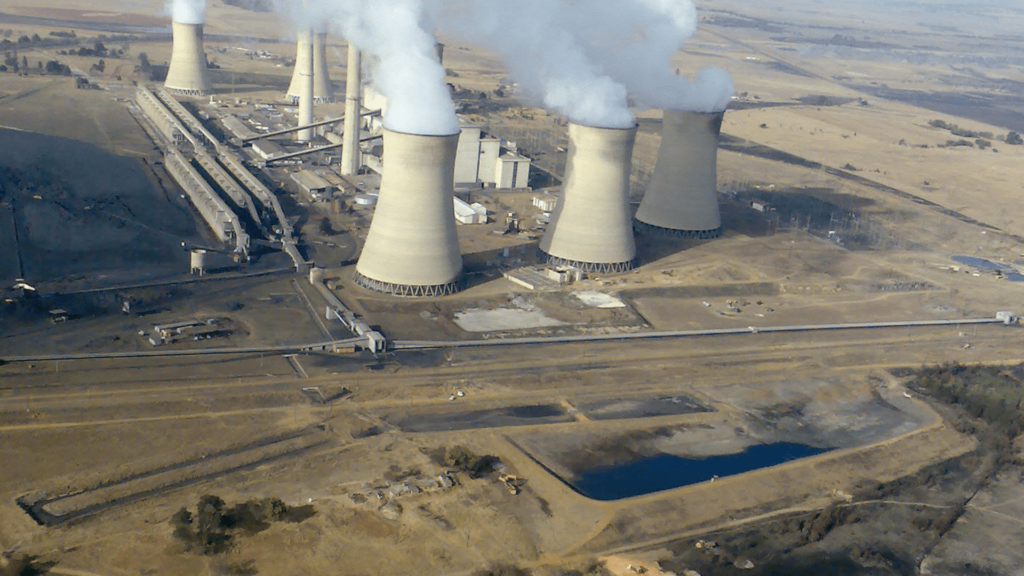
The Royal Eswatini Sugar Corporation (RES Corporation) is pushing further with its drive towards energy self-sufficiency and diversification.
The corporation has disclosed this in its Integrated Annual Report for 2022/23. The report is the 12th edition and is published annually. It covers the period from 1 April 2022 to 31 March 2023 and focuses on the Corporation’s operations, performance, issues, relationships, and engagements over the past year.
RES Corporations’ Managing Director (MD) Nick Jackson notes in the report that energy self-sufficiency and diversification through renewable and sustainable energy generation is at the heart of their Energy Master Plan.
“This Master Plan takes a 2-phase approach, first addressing the current energy security risk, and then aggressively expanding generation capacity to export into the national grid. This is based on the fact that the power purchase agreement between Eswatini and South Africa is coming up for renewal in 2025. RES, is therefore, moving towards renewable energy generation options, such as solar plants and new biomass boilers for high-pressure steam and maximum electricity production so that we can be self-sufficient by 2026.”
According to the RES Integrated report, Eswatini currently imports in excess of 75% of its electricity requirements, with the majority sourced from Eskom under an existing Power Purchase Agreement (PPA) with the Eswatini Electricity Company (EEC) that expires in October 2025.
RES, notes that along with its growers, it is currently reliant on “imported” grid power for its irrigation requirements.
“There is a real risk that, after October 2025, when the current agreement expires, Eskom could restrict electricity sales to Eswatini, something that has serious implications for RES. In any event, the cost of imported power will likely significantly increase year on year,” cautions RES.
The corporation also reveals that in an effort to mitigate the imminent energy security risk, in addition to optimizing and maximising generation from existing capacity and planning for offcrop generation, they are investing in a 10 MW Solar PV Project, to be developed at the Mhlume Sugar Estate.
“A feasibility study for the project was undertaken in the 2022/23 financial year, with the project approved by the RES Board in March 2023. The project, to be developed through an Engineering Procurement and Construction (EPC) contract, will be grid-tied, utilizing ground-mounted single-axis tracking structures. It will have a 12.94 MWdc capacity, with a total guaranteed point of connection capacity (POC) of 10 MWac, and an annual energy generation of more than 22 GWh.”

The MD adds that the procurement of Owners Engineering services and an EPC Contractor Service will be undertaken at the beginning of the 2023/24 financial year. Works on the ground are planned to start in January 2024, with a scheduled completion and commercial operation in December 2024.
RES, however, acknowledges that whilst the 10MW Solar PV will mitigate against the energy security risk, it will not result in self-sufficiency, hence the need for a large-scale power project to make the required step change to meet all RES power requirements, and further generate in excess of 20MW of surplus power for export.
“Due to the huge capital requirements for the envisaged large-scale power project, RES intends to partner with other investors and develop the project (s) through Special Purpose Vehicles (SPVs). The selection process for the development partner was kick-started in November 2022, with RES sending out a Request for Proposal (RFP) to identify and select a reputable development partner. This process should conclude in the 2023/24 financial year and the SPV registered and ready to start the required feasibility studies.”